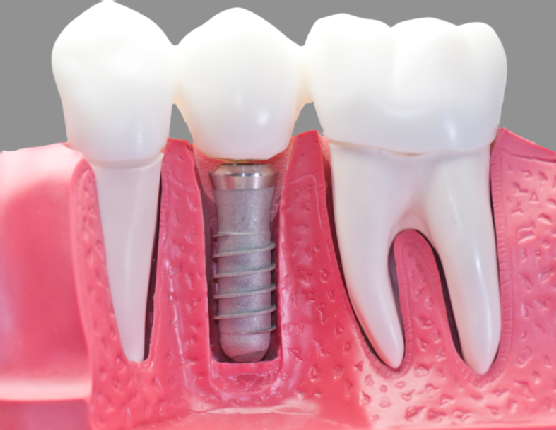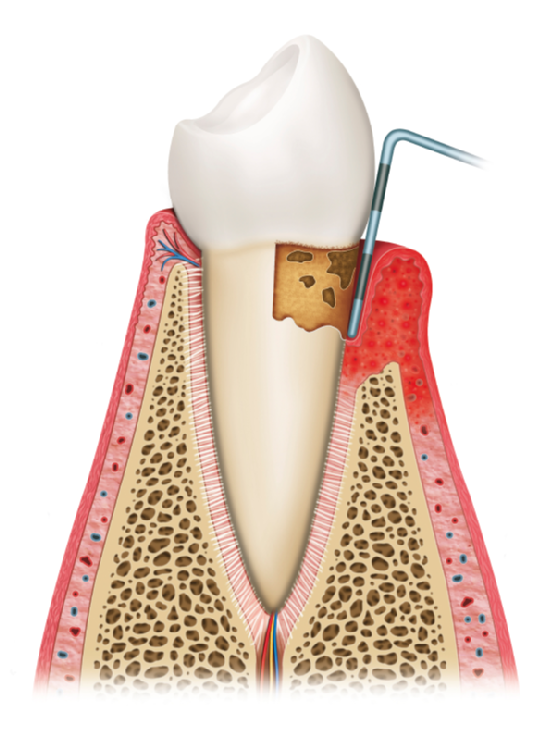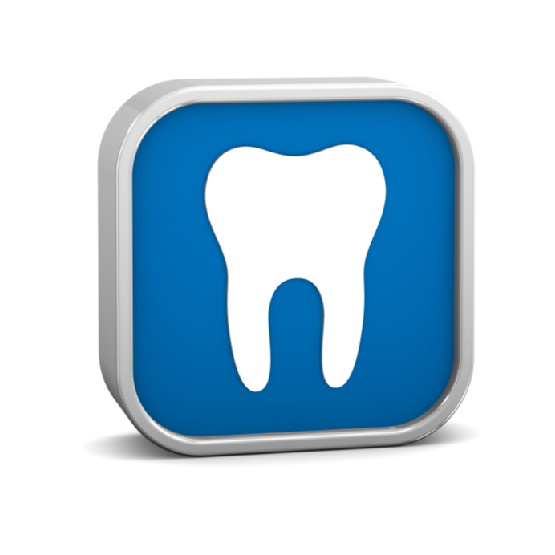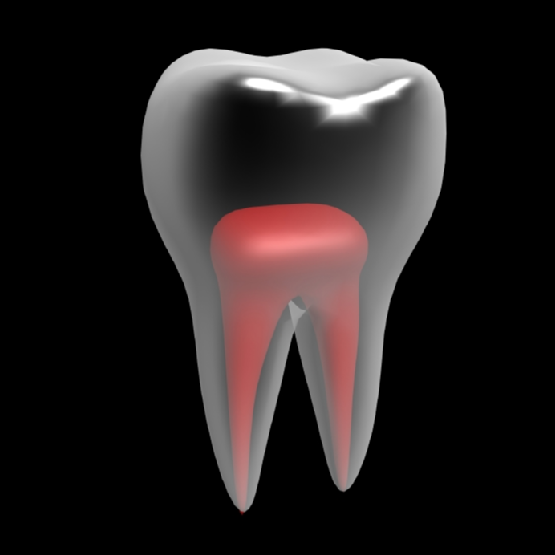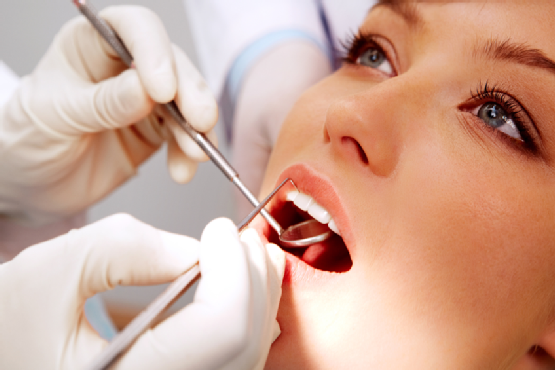It has been estimated that as many as half of all Americans may suffer from some degree of periodontal disease, a progressive inflammation of the gums . If you have diabetes, you should be particularly careful about having your teeth and gums checked by your dentist on a regular basis, since statistics show that people with diabetes are more likely to contract periodontal disease.
There are a number of reasons why diabetes can raise a person’s risk of periodontal disease. It is believed that diabetes interferes with the immune system and makes a person more vulnerable to infections. Mouth wounds also take longer to heal for people who have diabetes, which can exacerbate mouth infections and make gum disease more likely.
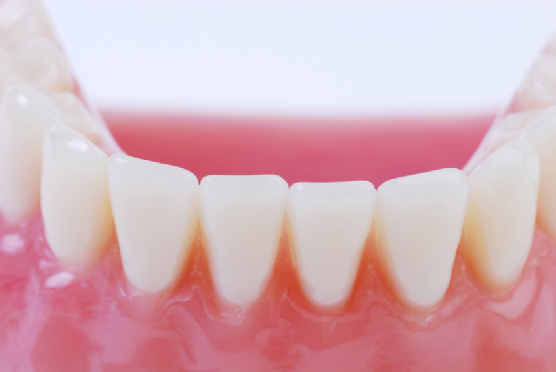
If you are interested in learning more about how to prevent gum disease, contact the experienced dentists at University Associates in Dentistry in Chicago. We pride ourselves on offering a comfortable atmosphere, state-of-the-art techniques, and patient-friendly care. You can visit our website for more information, or call (312) 704-5511 to schedule an appointment.


